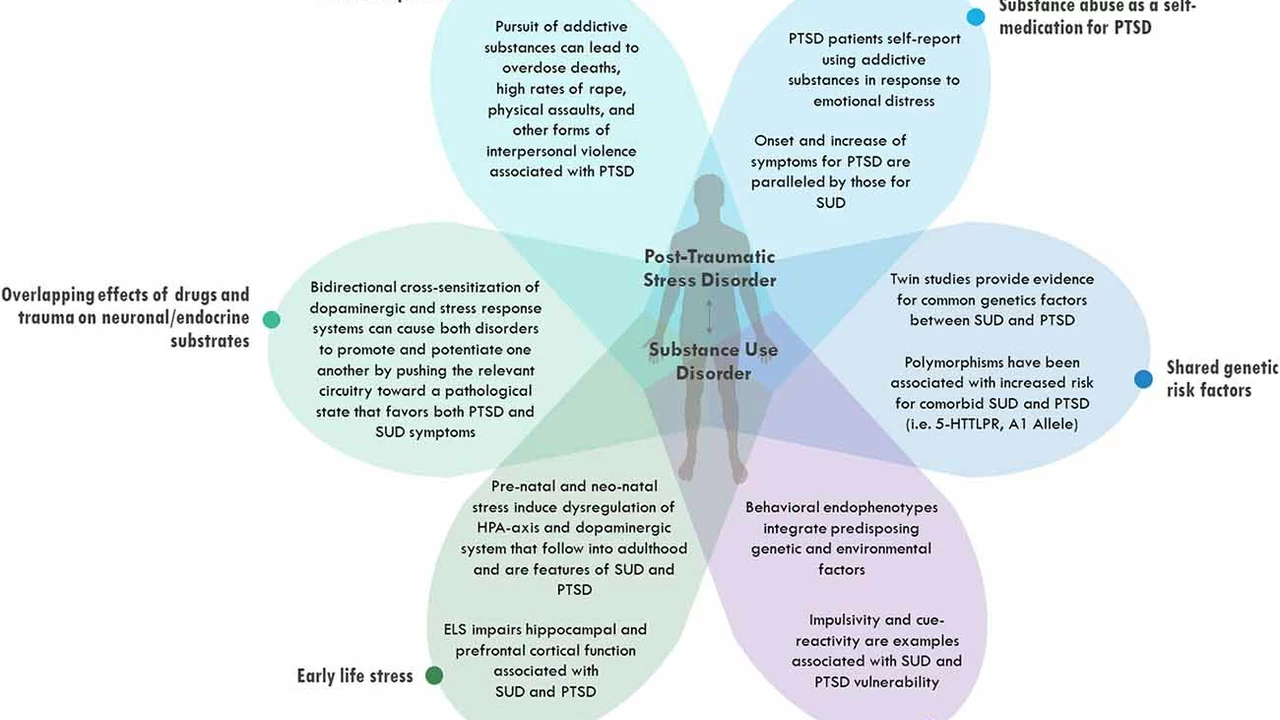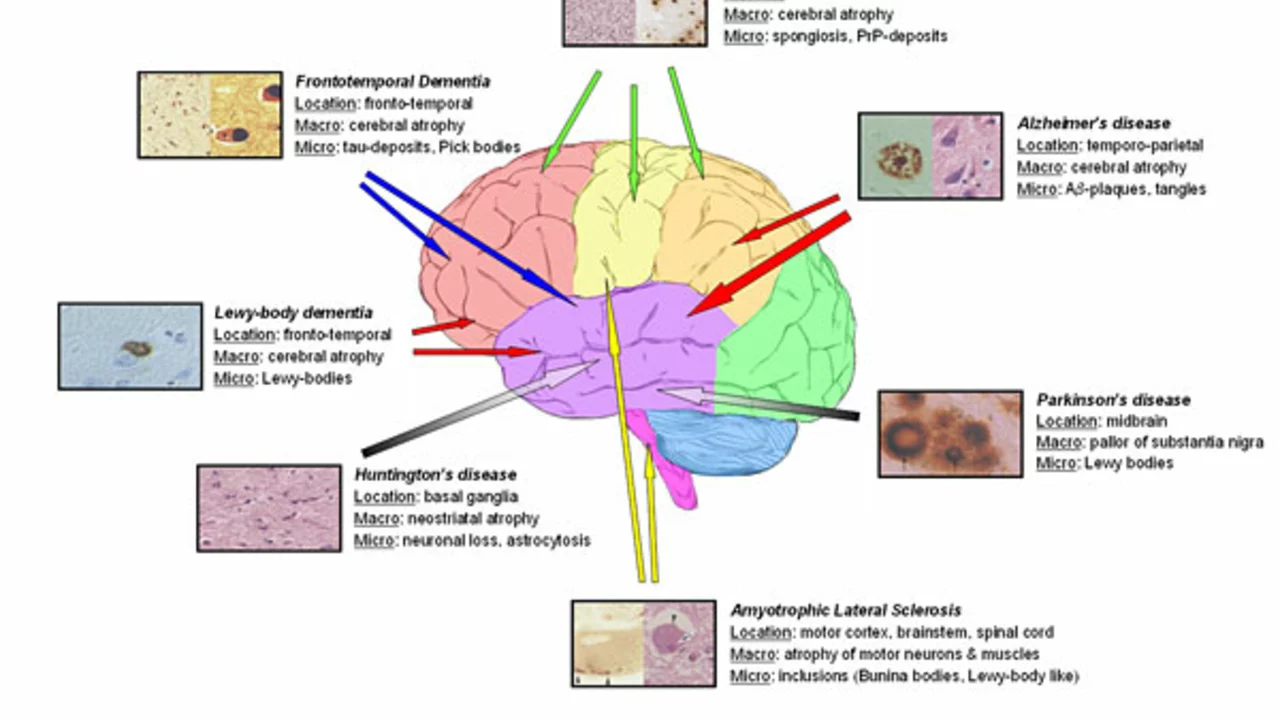Memantine: What It Is and How It Helps
If you or someone you care for is dealing with Alzheimer's or certain types of dementia, memantine might be a familiar name. This medicine is often prescribed to help manage symptoms when memory and thinking skills start to decline. But how exactly does it work, and what should you keep in mind when using memantine?
What Does Memantine Do?
Memantine works in the brain by regulating a chemical involved in learning and memory called glutamate. Sometimes, too much glutamate can overstimulate brain cells, which might lead to damage. Memantine blocks this over-activity, aiming to protect brain cells and improve symptoms like confusion and memory loss.
It’s usually prescribed for moderate to severe Alzheimer's disease, and while it doesn’t cure the condition, many patients notice slower symptom progression or some improvement in daily function.
Things to Know When Taking Memantine
Taking memantine is straightforward — it often starts at a low dose and gradually increases to avoid side effects. Common ones include dizziness or headaches, but most people adjust well after a little while. Always follow your doctor's instructions and discuss any other medications you're on to avoid interactions.
Also, memantine isn't recommended for everyone. People with certain kidney problems or those allergic to the drug should chat with their healthcare provider about alternatives.
Remember, managing dementia involves a team effort—combining medication like memantine with support from doctors, caregivers, and family makes a real difference. If memantine sounds like an option you'd like to explore, talking openly with your doctor is the best step to take.


